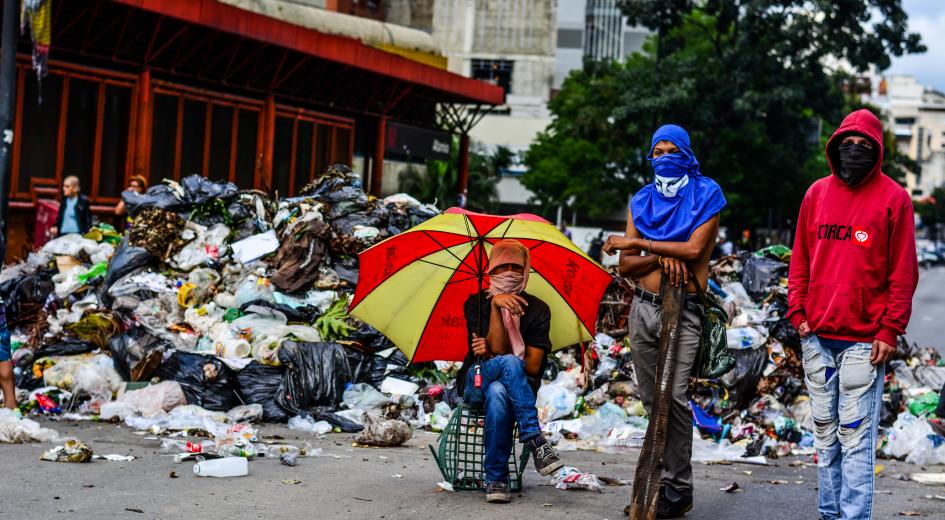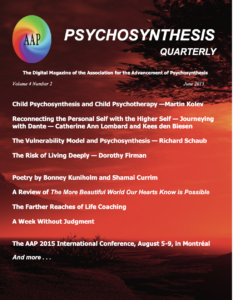“The humanitarian crisis can only worsen as Venezuela’s economy continues to crumble. It already suffers the world’s highest inflation rate, and the International Monetary Fund projects it will skyrocket to 13,000 percent by year’s end. IMF also estimates the economy will contract 15 percent during that period.
“Food is largely unavailable and unaffordable for many. Long lines into near-empty supermarkets are common, as are stories of the Venezuelan military trafficking food in a starving nation. The daily Basic Food Basket now costs the equivalent of three daily minimum wages.” —Ana Rosa Quintana, “Venezuela Has Come to Resemble a Lower Level of Dante’s Inferno,” The Heritage Foundation, February 2, 2018 (retrieved February 6, 2024)




